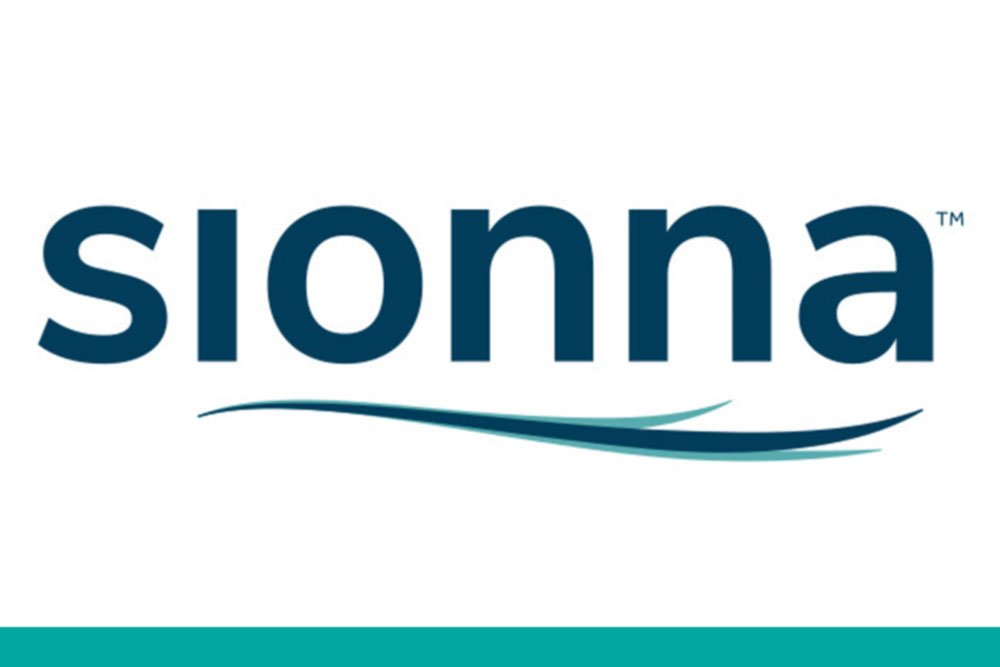Semper Maior: Time to Reboot Biotech
We’ve suffered a protracted downturn in general interest in biotech. That downturn has been compounded by rising interest rates undercutting equities in general. Now we must determine 1) how much worse this downturn might be and 2) how we’ll do things differently once we reboot. Here, Peter Kolchinsky explains why he believes we’ve emerged from the downturn but must reboot biotech with more honest and efficient processes and better defend our industry’s value proposition to policymakers and the public.
FutureCast | Back to the future: How old drugs are enabling new discoveries and a new era for treating depression
In today’s FutureCast discussion, RA Capital Principal Zach Scheiner, Senior Associate Becca Silberman, and Managing Partner Peter Kolchinsky talk about the past, present and future of depression therapies and why we’re confident that new uses and forms of old molecules, including psychedelics, will, in the next decade, bring relief to many of those among us who suffer from untreatable depression. Hop in the DeLorean with us at 88 miles per hour as we go 'Back to the Future'.
Getting animated about GCEA
Traditional cost-effectiveness analyses done by organizations like ICER and NICE overlook much of the value of new drugs, including factors with crucial societal impact like genericization, risk reduction, and community spillover. Peer-reviewed research has made this clear again and again, but these organizations continue to insist on using outdated formulas to determine the value of drugs. With the passage of the IRA and imminent drug pricing “negotiations” (read: price controls), it’s more important than ever to get the math that values our medicines right.
I walked 100 miles for this term sheet
Thanks to the selfless efforts of a handful of smart and dedicated volunteers from a few tech transfer offices (TTOs), law firms, and investment firms, the fraught process by which technology licenses are extricated from universities is getting a significant upgrade.
Transforming Forma - The Science of Giving a Damn
Outgoing Forma Therapeutics CEO Frank Lee talks with Rapport about bringing a patient-centric mindset to a biotech steeped in science and Forma’s acquisition by Novo Nordisk.
Alnylam is doing what the IRA is telling it to do
The recent announcement by Alnylam Pharmaceuticals that it was holding off on a planned Phase 3 pivotal study for vutrisiran (marketed as Amvuttra in its sole approved indication so far, hATTR amyloidosis with polyneuropathy) in Stargardt disease illustrates how the Inflation Reduction Act is already having a negative impact on small molecule and orphan drug R&D prioritization. Alnylam’s announcement also brought out skeptics of the biotech industry, who argue the new law is being scapegoated by innovators who want to overturn its Medicare drug-negotiation provisions.
Saving money for Medicare by abandoning new drugs for Medicare patients
As the founder of two biotech companies in Arizona that are currently fundraising to support drug development, it’s clear to me that the Inflation Reduction Act will steer me away from developing cancer drugs for older Americans. This is a problem that can be fixed.
COVID-19: When RA Capital’s “secret” maps go public
At RA Capital, we love our TechAtlas team and the super detailed Landscape Maps they create to help us understand what can otherwise be an overwhelming amount of information. These maps explain the comparative strengths and weaknesses of as many as hundreds of competitive and complementary technologies, drugs, devices, and diagnostics in various stages of development for a particular disease or condition. Think of them like medical treasure maps that lead to the most promising technologies and companies in any given disease area. You can probably understand why we can’t afford to do all that work and just publish the maps freely for the whole world to study.
Then COVID came along.
Navigating a storm that threatens American biotechnology
Over the past four decades, David Beier has observed and participated in the evolution of the US biotechnology industry for several key vantage points. The industry’s success and freedom to innovate, he says, has been underpinned by – and helped create – a marketplace that was open enough to fully reward risk-taking investors devoting capital to cutting edge science. Today, that success faces new threats.
The NIH, R&D, and the first mile of the marathon - a conversation with John LaMattina
A conversation with former Pfizer research head John LaMattina about the persistence of the misperception that NIH invents the drugs that biopharma companies sell, the chance encounters that can lead to breakthroughs years or even decades later, and the tough math facing investors and heads of research across the industry when deciding whether to invest in a project that’ll only enjoy nine years of market exclusivity.
When life-saving medication should be in aisle three
We talk a lot about access to care and the hurdles that might keep people from getting the medicine they need. Usually, we’re talking about the price of healthcare or the inanity of insurance requirements. But other hurdles hide in plain sight, as is the case with naloxone (Narcan), birth control, and other drugs that could (and should) be available over-the-counter (OTC).
Innovation and biopharma M&A: feature, not bug
If the FTC begins to look askance at M&A between commercial-stage biopharmaceutical companies and the innovative smaller biotechs that so often are the sources of new medicines, that would be bad news for future R&D and the patients who depend on our industry for life-saving medicines. That they might do so in the name of preserving or protecting innovation in the first place would add insult to injury.
Biotech leaders urge fixes to bad Senate drug deal
We are deeply concerned the new Senate drug bill fails to deliver adequate relief to the nation’s seniors and their families. It falls short of a generational opportunity to meaningfully lower Medicare beneficiary and taxpayer out-of-pocket costs. The revised language is not good enough for patients, bad for biopharma innovation, and provides no guarantee that PBMs and insurance plans will share savings with beneficiaries.
How to kill the conversation that makes innovation possible
As the 2022 midterms loom, drug pricing reform is again at the forefront of the conversation. And with inflation at 8.6%, it’s undeniable – Americans are hurting, and paying less at the pharmacy counter may alleviate part of that burden. But not all drug pricing reforms are created equal. So how would price controls impact R&D?
Right to Try 2.0 doubles down on a bad idea
Right to Try 2.0 doesn’t seem to address any of the original law’s issues. While 1.0 seems to have fallen well short of expectations, instead of shoring up oversight or regulating patients’ expenses, 2.0 simply aims to expand 1.0’s sentiment to a relatively small set of bleeding-edge drugs, continuing to talk the same big game Trump did without producing results.
72 hours to kill: Why can't we diagnose bacterial infections faster?
With all the hype around Covid and monkeypox, it’s easy to forget that viruses aren’t the only infectious game in town. Bacteria caused 3 million worldwide deaths in 2019, at a rate at least five times that of the flu. So why does it still take so long to identify & treat a bacterial infection?
Biotech’s Dulcius Ex Asperis: The Way Through This Downturn
The biotech sector is experiencing the most severe downturn of at least the last 20 years. There have been many other downturns in the more recent past, but this one is different. Here Peter Kolchinsky discusses why - and how we’ll rebound.
Nektar’s IL-2 legacy: The two sides of failure
Though its program failed in clinical trials, Nektar kicked off an appreciation for what might be possible with a better IL-2. As other companies carry on with programs in part inspired by Nektar’s early data and vision, we explore failure in biotech, ignoring the naysayers, and the value of carrying on when the odds are slim.
Announcing Sionna: When it comes to Cystic Fibrosis, “good enough” isn’t good enough
Some might consider Trikafta’s gains to be “good enough” for CF patients. But I think we can do better. And that’s why we’re so excited to introduce the world to Sionna.
Do stocks trading near cash offer free upside?
When a biotech company is valued at around the same amount of cash it has sitting in the bank, is it a safe investment? Some investors might think so - and so we looked at the data. The answer might surprise you.




















